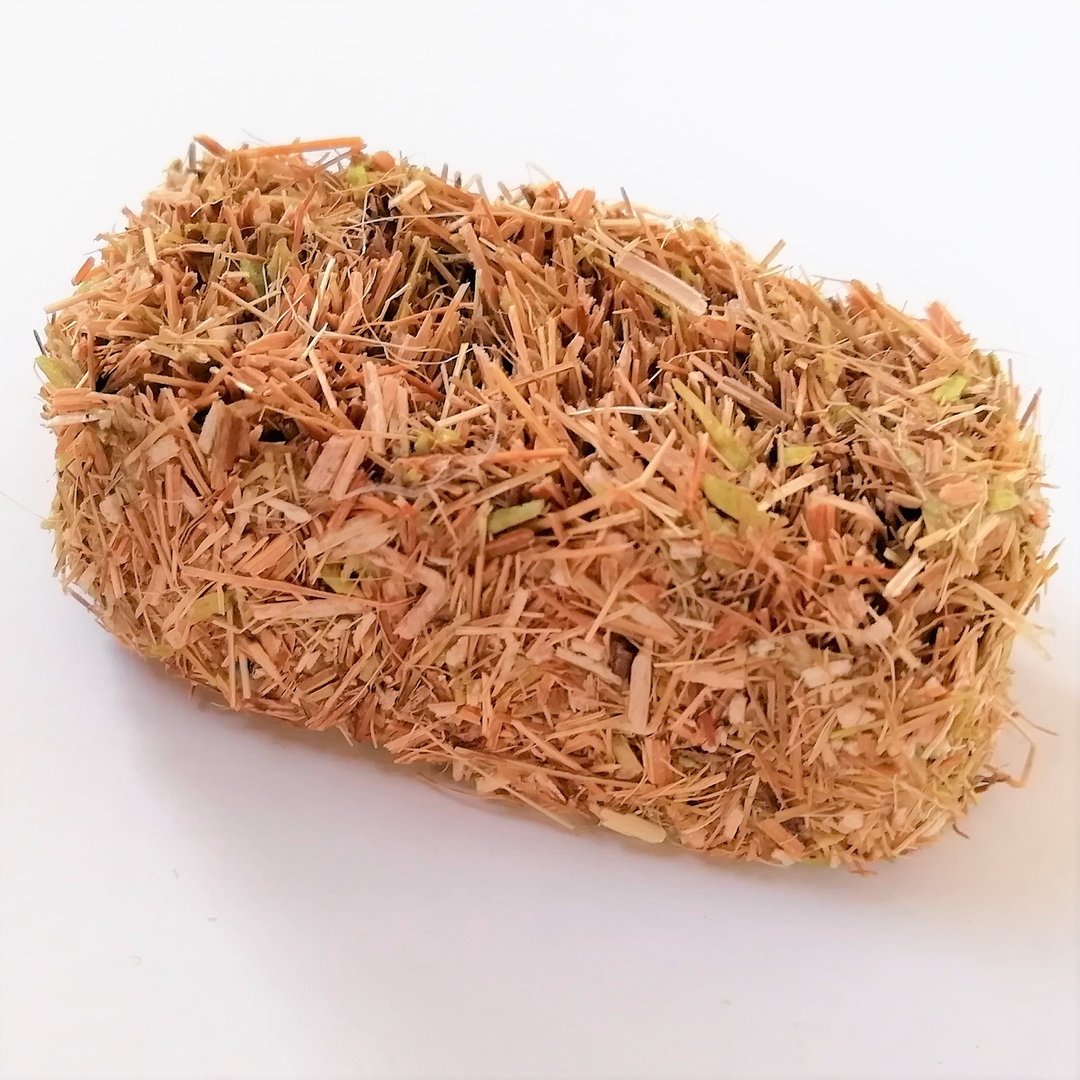

MISTICH: That's 70-year-old Miles Hatfield of Hardy, Ky. MILES HATFIELD: All of my land has always been dry as powder. And this lack of cleanup has created some costly problems for those who live near these mines. Since taking over these permits, Lexington Coal has racked up a slew of violations for not securing potential environmental hazards. MISTICH: In a deal approved by regulators in West Virginia and Kentucky, Alpha handed over about 230 mining permits to the smaller Lexington Coal Company along with more than $300 million to fund the environmental cleanup. MACEY: And it's very, very hard to see how that promise will be fulfilled in a world in which coal mining companies rarely have the resources to pay for reclamation right now.

Because of that, Macey says taxpayers could end up footing the bill for these obligations, too.
#Alpha 17 7 days to die coal mining full
But those policies don't always cover the full cost of cleanup. To get a mining permit, coal companies need to be insured for the reclamation that's supposed to happen when they're done mining. MISTICH: Congress has been forced to step in time and again to fund worker obligations like pensions and black lung benefits, passing most of the cost onto taxpayers. JOSH MACEY: The basic idea was that coal companies tried to silo or separate many of their environmental and labor obligations into subsidiaries or certain affiliates and place the coal mines that they viewed as valuable assets into other affiliates. But University of Chicago assistant law professor Josh Macey says through corporate maneuvers like bankruptcy and asset transfers, many big coal companies have been able to shed all sorts of liabilities. This is all spelled out in the Surface Mining Control and Reclamation Act of 1977, known as SMCRA. Coal companies are supposed to restore the land under federal law. Along with those permits, Alpha also got rid of its responsibility to reclaim the land it mined. Since then, the company has transferred more than 300 mining permits to smaller companies. The company filed for bankruptcy in August 2015. MISTICH: Alpha says on its website that its impoundments are constructed and inspected under federal regulations. So if you look at the top of that field, if it was to burst open and come right out this holler, they'd be some of the first people to die. WALK: Holds back 7.8 billion gallons of toxic waste. That includes the Brushy Fork Impoundment, an enormous dam owned by Alpha that holds back coal slurry. He points to a giant map on the wall of the offices of Coal River Mountain Watch, noting the potential dangers that loom nearby. For Walk, who worked for a short time in the coal industry when he was younger, his current mission is personal. Other times, though, Walk says, regulators just give these companies, especially the most profitable ones, a warning or simply work with them to revise the terms of permit. MISTICH: When they see something potentially off, Walk and the others at Coal River Mountain Watch send their concerns to state regulators. MISTICH: Here, to avoid the risk of trespassing, Walk puts a drone up in the air to get a look at the Ed White Mine, a giant surface mine once owned by Alpha. MISTICH: After a short hike up a hill, we make our way to a clearing. Tree branches and briars scrape across the hood and roof of the car. Many mines here are owned by Alpha or used to be. MISTICH: We load up in Walk's green Subaru station wagon to drive around the area as he keeps an eye on nearby mining operations.
WALK: This just erases tracts of land, turns them from one of the most vibrant, biologically diverse forests on the entire planet into a bare rock moonscape where nothing will ever really grow again. Around these parts, he says underground mining has been mostly phased out in favor of mountaintop removal. Walk, who's lived all 32 years of his life in this area, spends his days trying to hold operators to environmental regulations. A few years back, he was arrested for sitting on one of Alpha's properties to keep them from mining. JUNIOR WALK: Today we're going to be going up on Sundial.ĭAVE MISTICH, BYLINE: Junior Walk of Coal River Mountain Watch is an annoyance to coal companies with mines near his home in Raleigh County, W.Va. NPR's Dave Mistich brings us this look at Alpha and how environmental cleanup is going at sites they used to own and how it's affected the local community. One of these companies is Alpha Metallurgical Resources. Coal companies have used bankruptcy and asset transfers to shed their obligations to their workers and to the environment.

This week we're taking a look at coal company bankruptcies and mine reclamation as part of a joint investigation taken on by reporters from Bloomberg News and NPR.


 0 kommentar(er)
0 kommentar(er)
